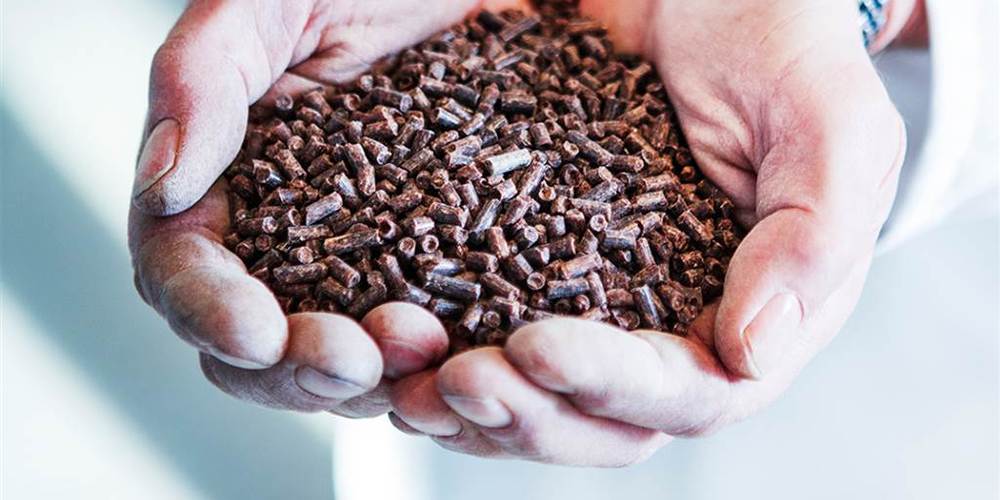Circa 2018
In the 2015 movie “The Martian,” astronaut Mark Watney survives on Mars by growing potato plants in his own waste. The scenario is fictional, of course, but it underscores a real-world challenge for NASA: How can the space agency ensure an uninterrupted supply of safe, nutritious food for astronauts who are tens of millions of miles from the nearest supermarket?
The successful launch of SpaceX’s Falcon Heavy rocket marked a big step toward developing the technology needed to transport colonists to Mars, though the strategy for keeping them and deep-space astronauts fed remains a work in progress.
At Pennsylvania State University, researchers think they’ve hit upon a solution. They’ve devised a compact recycling system that uses astronaut poop and pee to fuel the growth of edible bacteria. As described in a paper published in November 2017 in Life Sciences in Space Research, the bioreactor breaks down human waste into salts and methane gas; the latter is used to fuel the growth of a protein-rich “microbial goo” that’s similar in consistency to Vegemite.
